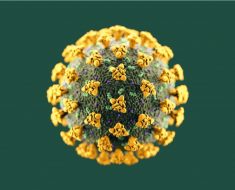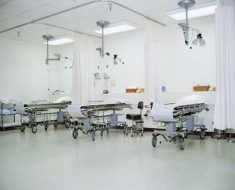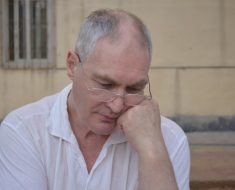Lab-made ovaries may assist conception in women suffering from chemo-induced fertility issues.
Female cancer patients often find that chemotherapy or radiation can save their lives, but side effects such as infertility may rob them of their dreams of bearing children. While some women and girls can opt to have their ovaries removed and frozen for re-implantation after cancer recovery, patients whose reproductive organs are the site of their cancer have fewer options.
According to BBC News, a team of scientists at Rigshospitalet in Copenhagen has developed a new technique to provide options and reduce the risk for women who have uterine or ovarian cancer. Ovarian tissue and egg filled follicles can be safely removed and stripped of any DNA that could hold the coding for cancerous cells, creating an empty scaffold into which the harvested eggs can be integrated.
The artificial ovary will be frozen until time for replacement in the woman’s body (after recovery from cancer is complete.) The theory is that the eggs will then mature and release from the follicles naturally, prompted by the woman’s normal hormonal cycle.

Trials in mice have already begun, with an artificial ovary holding 20 human follicles implanted into a mouse. The team, headed by Susanne Pors, found that a quarter of the follicles survived for at least three weeks, during which time blood vessels began to grow around and nourish the implanted ovary.
“This is the first proof that we can actually support these egg cells. It’s an important step along the road,” Pors told The Guardian.
Pors went on to say that the timeline for successfully replicating the process in human women could be another five to 10 years and will require more rigorous testing and observation. She presented the work at the European Society of Human Reproduction and Embryology (ESGRE) annual meeting in Barcelona today.
Early reactions from others in the medical community are mainly positive. Stuart Lavery, consultant gynecologist at Hammersmith Hospital, sees the artificial ovary as an enormous stride forward with distinct advantages over IVF and egg freezing.
“Because potentially these small pieces of tissue will have thousands of eggs and clearly if it does work, there’s the advantage of then getting pregnant the old-fashioned way,” says Lavery, as cited by New Scientist.
Professor Adam Balen, professor of reproductive medicine and surgery at Seacroft Hospital, Leeds, also feels the research is a big step in the right direction, especially for younger cancer patients.
“The ability to successfully create a ‘new ovary’ by removing any tissue that might potentially reintroduce the cancer and fashioning a scaffold on which to grow the egg-containing follicles, allows the re-implantation of a ‘safe’ ovary, with the potential to successfully restore fertility,” Balen told the Independent.
Source: Read Full Article





